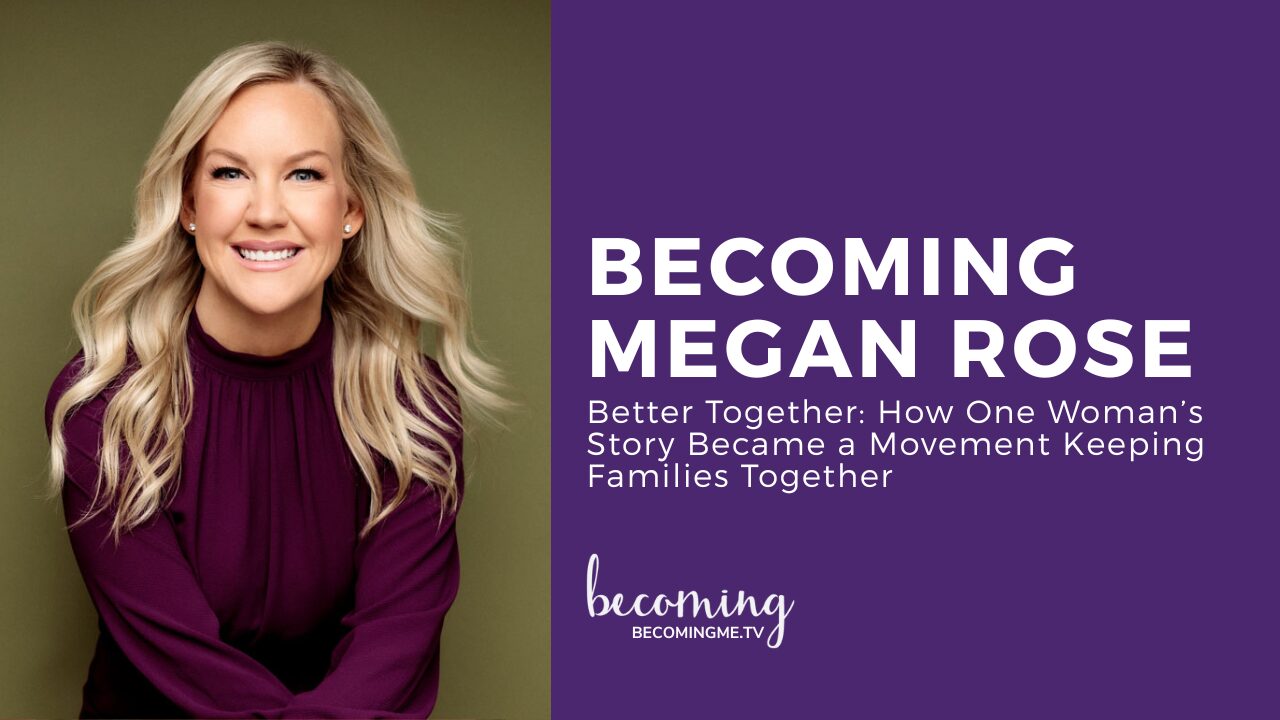It’s easy for people’s words to stick with us, to seep into our skin, to warp our identities. And in a world of social media, where it’s even easier for people to speak their minds, most of us have a lot of hurtful, painful words hanging around us.
The saying about “sticks and stones” that we learn when we are kids gives us a false sense that what people say to us doesn’t matter. But it does. We remember the embarrassing, stinging moments of our elementary school friends laughing at us. We remember the words of the mean girls in high school and the boys that broke our hearts. We remember scoldings from teachers, words of disappointment from our parents.
These words leave a trail of pain behind us, shaping us into someone that is usually far from who we thought we’d be. Hurtful words can sour relationships and taint experiences. They rush back into our minds at the worst moments, deflating our confidence and crushing our self-esteem. Worst of all, they crowd out God’s words for us. We stop believing in the person God is shaping us into and can’t see past the identities that others have placed on us.
In a story by Max Lucado about a community of carved, wooden Wemmicks, the main character Punchinello faces this same crisis. In a world of beautiful, graceful Wemmicks covered in gold star stickers, Punchinello finds himself increasingly discouraged by his dull gray stickers that others have placed on him. His stickerless friend tells him that her secret for keeping the stickers off is going to see the woodcarver Eli every day. Punchinello goes to see for himself and learns that Eli’s words of love, hope, and grace make it increasingly hard for the labels to stick on him when he remembers who he is to Eli and not to the other Wemmicks.
Although this story simplifies the complicated, messy, painful situations we find ourselves in, it also speaks to the truth of how to cut through the lies and hurt that other people’s words leave: daily remind ourselves of who we are to Christ. While this is much easier said than done, it doesn’t make this solution less true.
I forget a lot of things—appointments, keys, sometimes my laptop for work—but I’d be lying if I said I have forgotten painful memories of things friends and family have said to me in the past. A lot of those things I took to heart—a friend telling me she hated it when I tried to give her advice, another friend who I respected and looked up to telling me I was “dateable” but not to him because I was wild and “undomesticated,” a teacher telling me that I should have picked a different major (even though he meant it as a compliment); the list goes on.
Some days these words weigh me down so much, it hurts to move. My head tells me to look to Christ, but my heart clouds my view. The most I can do in those moments is to just push through, to hold onto the truth of God’s grace, and to believe in the hope I have that he is working in my heart and in my life.
Friends, this process is not easy, and it’s certainly not fast. But when the words weigh us down, we use those moments to build strength in Christ. We grasp on to the hope of who He says we are—beloved, renewed, chosen, good, fearfully and wonderfully made. Every day is just one breath—exhaling the lie and inhaling truth. And every breath is one step closer towards the person God is calling us and shaping us to become.

